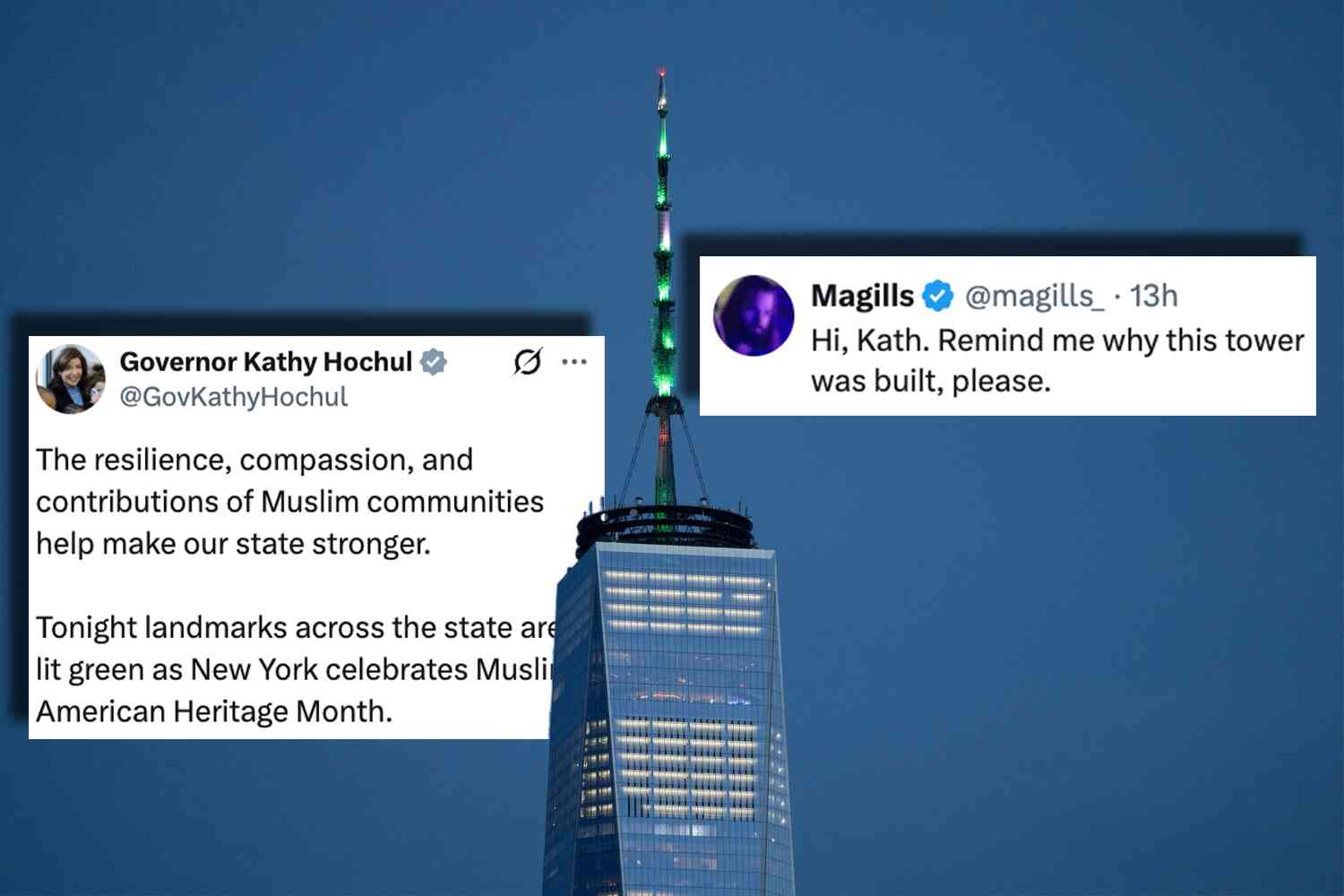Do you ever get the feeling that we might be in deep trouble?
That's right. Not only did the average price of goods and services increase 5% in May, but stores like Starbucks are having a hard time with their supply chains.
Before diving in, I have to note that I used a screenshot of the NYT article because they deleted their original tweet. This is how they toned it down (because they are an Orwellian garbage factory):
I guess the first one might have made people think there's actually a big economic problem on our hands and that might make the politicians they like look bad!!
Moving on, let's check in with CNBC:
The [May inflation] reading represented the biggest CPI gain since the 5.3% increase in August 2008, just before the financial crisis sent the U.S. spiraling into the worst recession since the Great Depression.
Though the inflation readings are well above anything seen since the 2008-09 financial crisis, the Federal Reserve has been largely dismissive of the numbers. Central bank officials believe the current rise is due to temporary factors that will abate as the year goes on and look higher because of comparisons to the year-ago period, when much of the economic activity remained restricted due to pandemic precautions.
The experts at the Fed are shaking off the report, doubling down on the narrative that this was all due to COVID.
I'd argue forced lockdowns and trillions of dollars flushed down the toilet might have something to do with it, but whatevs!
As for the news around Starbucks: Exactly how bad are the rolling supply chain issues right now in our nation?
"I was told they couldn't give me an extra shot of caramel because there was a national shortage," Nicole Brashear, a 24-year-old pharmacy student at the University of Louisiana at Monroe, said of ordering an iced caramel macchiato with extra caramel drizzle in late May.

The issue is worse than a lack of ingredients for specialty coffee, however. While Starbucks has been having major problems keeping supplies in stock, they aren't alone:
Starbucks is hardly the only company struggling with supply issues. Earlier this spring, ketchup packets became hotter than GameStop stock. Automakers have slowed production because there are not enough computer chips for their vehicles. And homeowners are waiting weeks, if not months, for major kitchen appliances.
When you combine this with the heightened inflation surrounding goods such as cars and appliances, we have a problem.
I will point out one silver lining in these stories though:
When his daughter couldn't get her favorite breakfast sandwich at Starbucks, Mr. Rogers took her to a nearby Chick-fil-A for breakfast.









